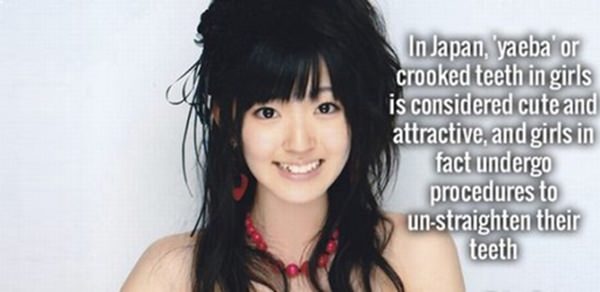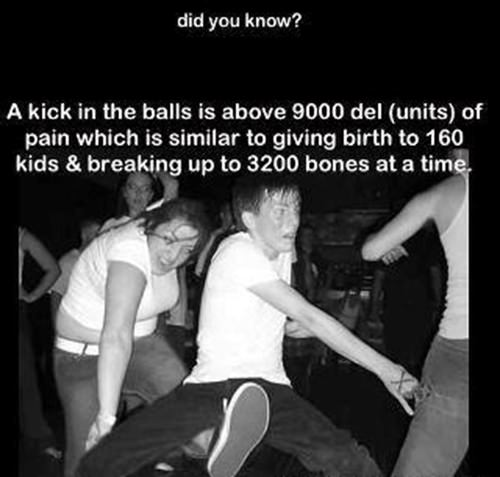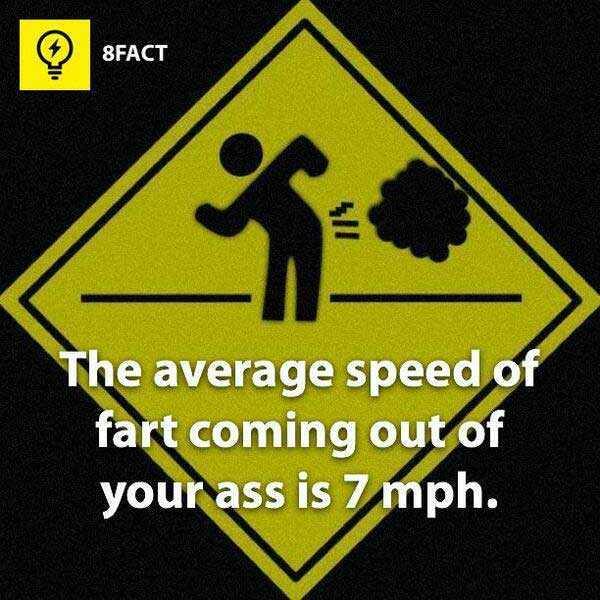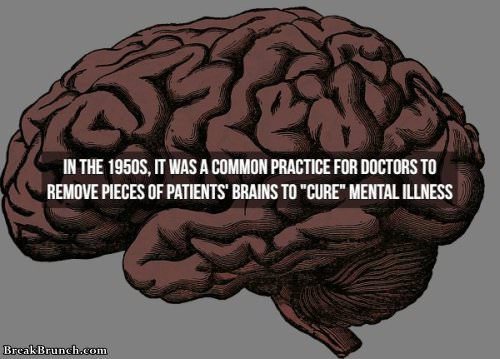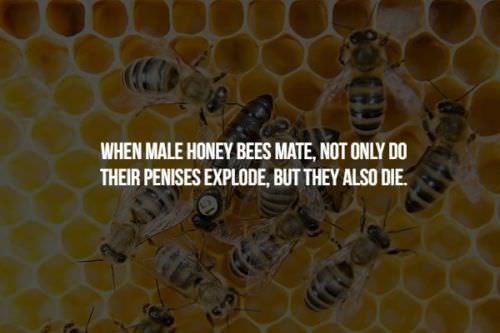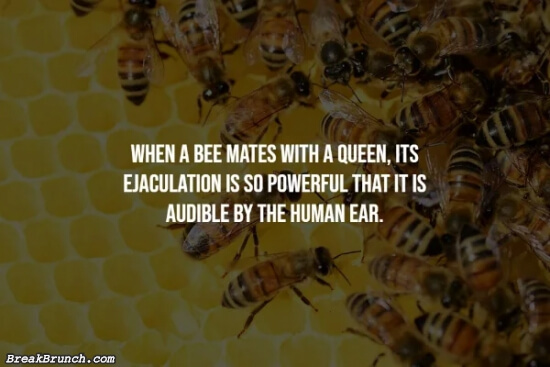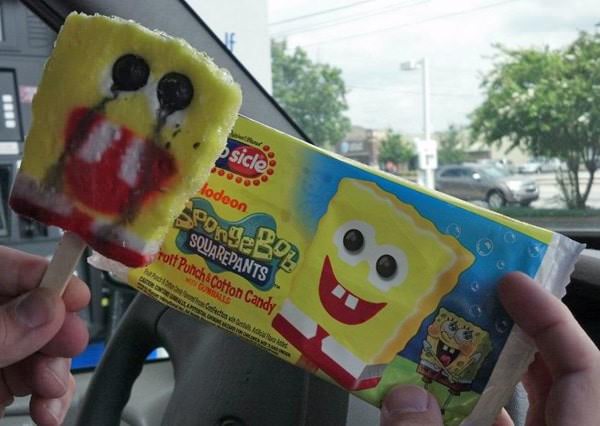16 Weird Facts About Baby. #14 Got Me
We are capable of doing many things even when we are just babies, some fascinating and some weird.
Baby boys get erections…both inside the womb and when they’re born

If a woman tells you she’s pregnant with a boy, that’s her polite way of telling you “I am pregnant with a human who, in all likelihood, has a boner right now inside of my body as we speak.” That’s because baby boys get erections while they’re in utero, and very commonly have one when they’re born.
Babies have superhuman strength.
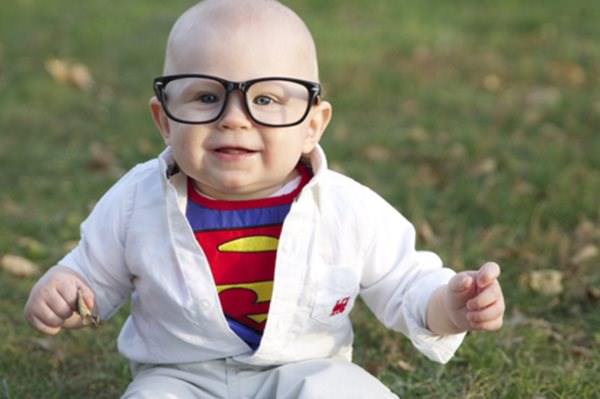
You may know that newborns have the reflex to grab onto things with their hands, but what you probably didn’t know is that their grasp is strong enough to hold their ENTIRE BODY UP. Picture an Olympic gymnast on the rings, but a newborn.
Babies double in weight during their first five months of life
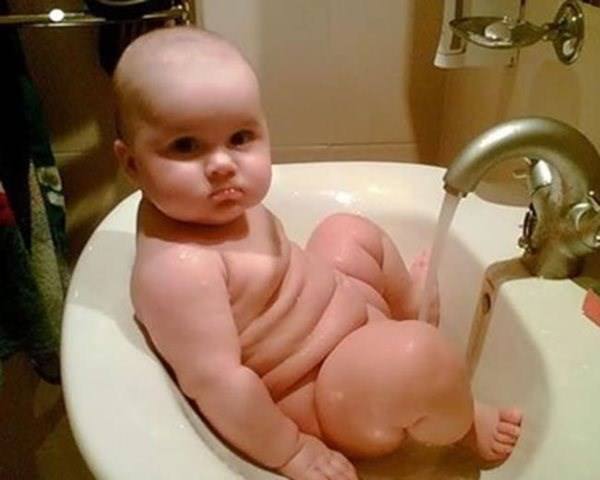
If you don’t think that’s impressive, just imagine doubling your weight NOW in five months. Babies are basically milk monsters who do nothing but eat, sleep, poop, and grow in freakish amounts. They’re unstoppable.
Girl babies get their period, and all babies have boobs and lactate.
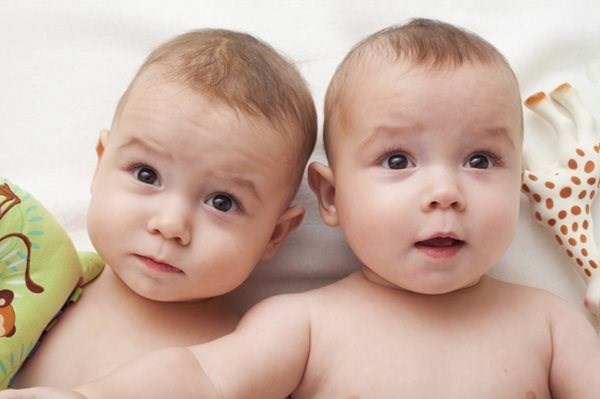
When babies are in the womb, they absorb their mom’s hormones, so after they’re born they’ve got some estrogen to sort through. That means that female babies shed their uterine lining, having a mini period, and all babies lactate a bit. Sometimes blood comes out of their nipples too (in case you wanted to cringe even more about this whole ordeal). Horrifying, but true.
Babies born in May weigh more.
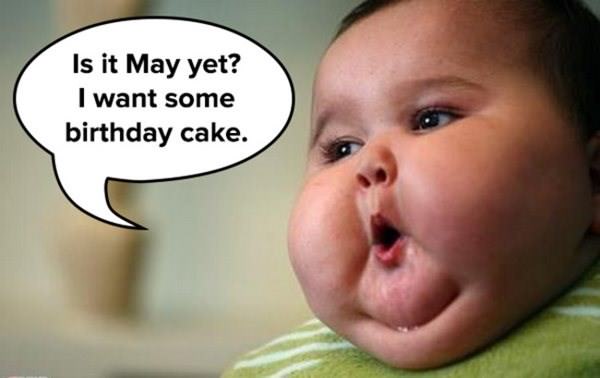
As if by some creepy medieval magic, babies born in the month of May weigh an average of 200 grams more than other months. No one knows why
Babies prefer female voices, and subconsciously adults adapt
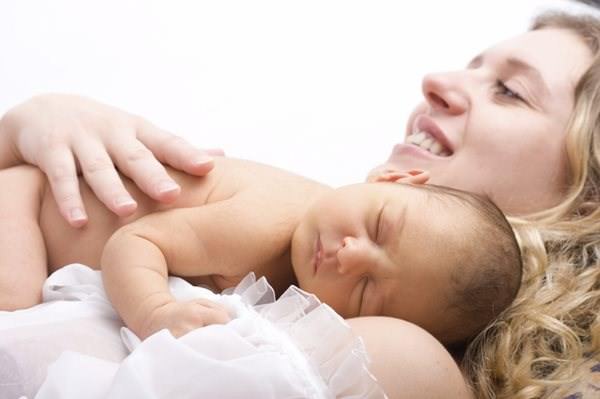
That’s probably why people find themselves talking in high-pitched tones when they’re around babies. This phenomenon is sometimes called “Motherese”
Babies conveniently forget all of the horror they put you through, and how weird they’ve been
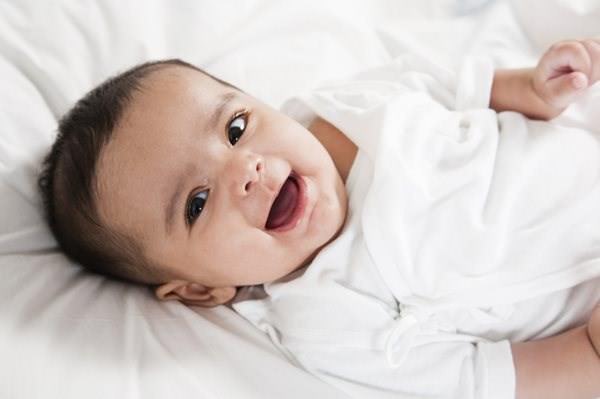
Babies forget the majority of the first three years of their life. Neuroscientists call this “infantile amnesia” and have several theories about why this occurs
The soft spot on a baby’s head bulges and pulsates.
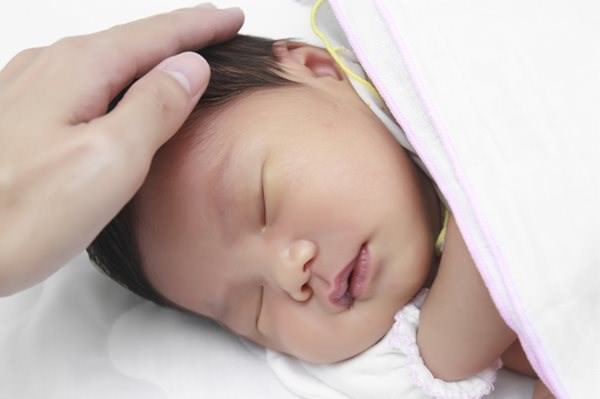
The soft spot on a baby’s head is called the fontanelle, and before the skull is fully grown in that spot it isn’t just a squishy, sensitive area. It’s also a creepy bulging crevice of doom if you look close enough
Babies have tastebuds on the roof, back, and sides of their mouths in addition to their tongue
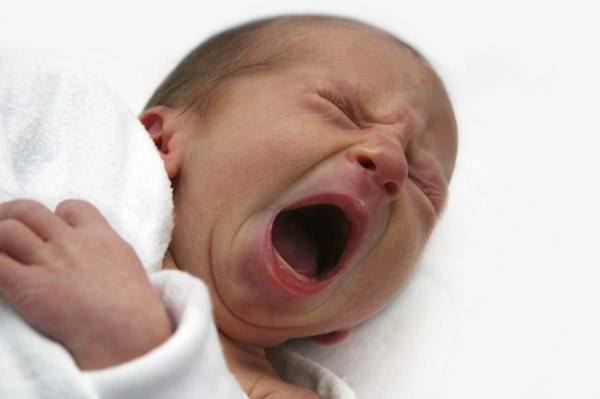
They eventually fade with age, but that doesn’t stop it from being really weird in the meantime, especially considering the mustaches they’ve recently eaten.
Babies can breathe and swallow at the same time
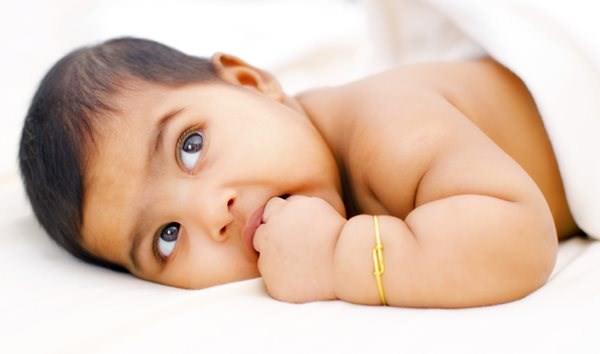
Up until seven months of age a baby is able to swallow and breathe simultaneously. This might seem random, but it’s actually so that they can beat you in drinking contests, so never challenge an infant to a keg stand. Never.
Like so many classic villains, newborns don’t actually cry tears
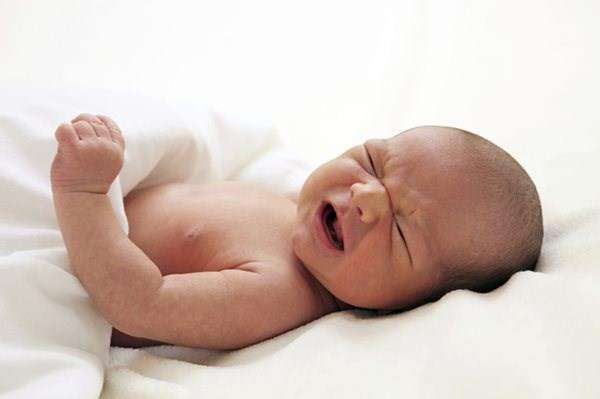
When you hear a newborn crying, they’re actually just screaming. It isn’t until the third week of their life (or sometimes longer) that they start to produce tears when they’re crying
Babies’ eyes are 75% their adult size when they’re born
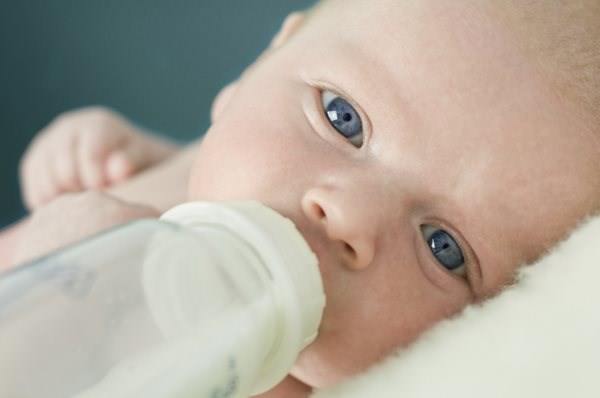
Now you won’t be able to unsee the fact that baby eyeballs are gigantic compared to their heads.
Babies sleep with their eyes open
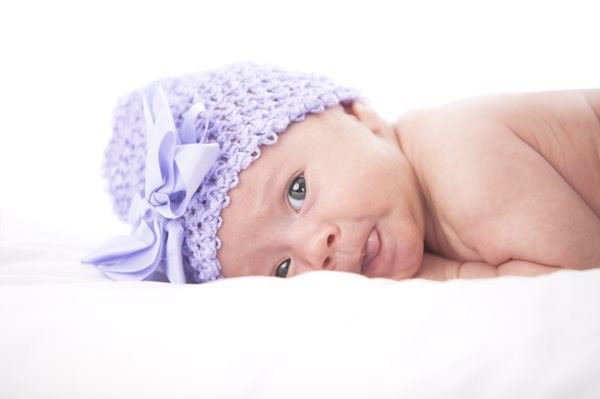
As if newborns weren’t hard enough to take care of, when they finally fall asleep it’s very common for babies’ eyes to stay open (and roll around in the sockets)
In the womb, all babies grow mustaches, and they eat them
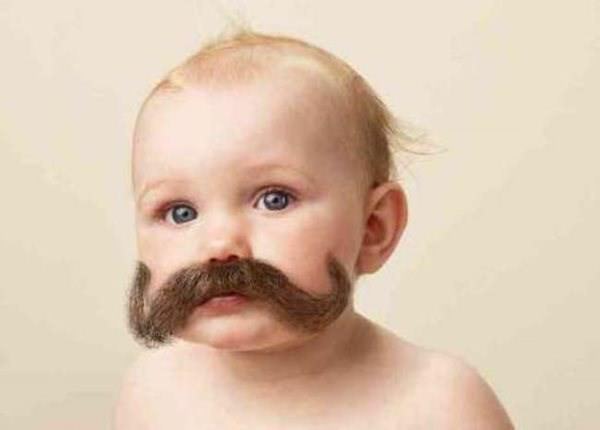
When a fetus is about four months into pregnancy it develops a mustache that, over the course of a month, spreads over its entire body. This hair is called lanugo and it all falls out before birth (if you’re lucky) and is EATEN BY THE BABY. It then is digested and becomes part of its first poop (called meconium).
Babies don’t have bony kneecaps
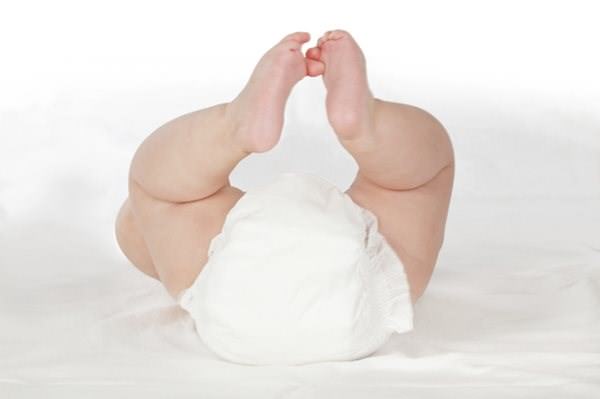
They just have a structure of cartilage that forms something like it, but the real kneecap doesn’t develop until a few years into life. Other parts of the baby’s skeletal system develop similarly. The older we get, the more those bones that begin as cartilage lose their “bounce,” and falling becomes a lot more painful and a lot less nonchalant.
The likelihood of having twins varies around the globe
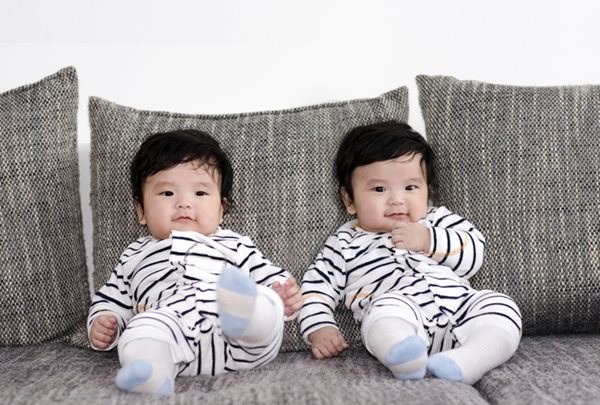
In Nigeria, odds of having twins are 22-1. The West-African region is particularly prone to twins. In Japan, however, the odds are 200-1

